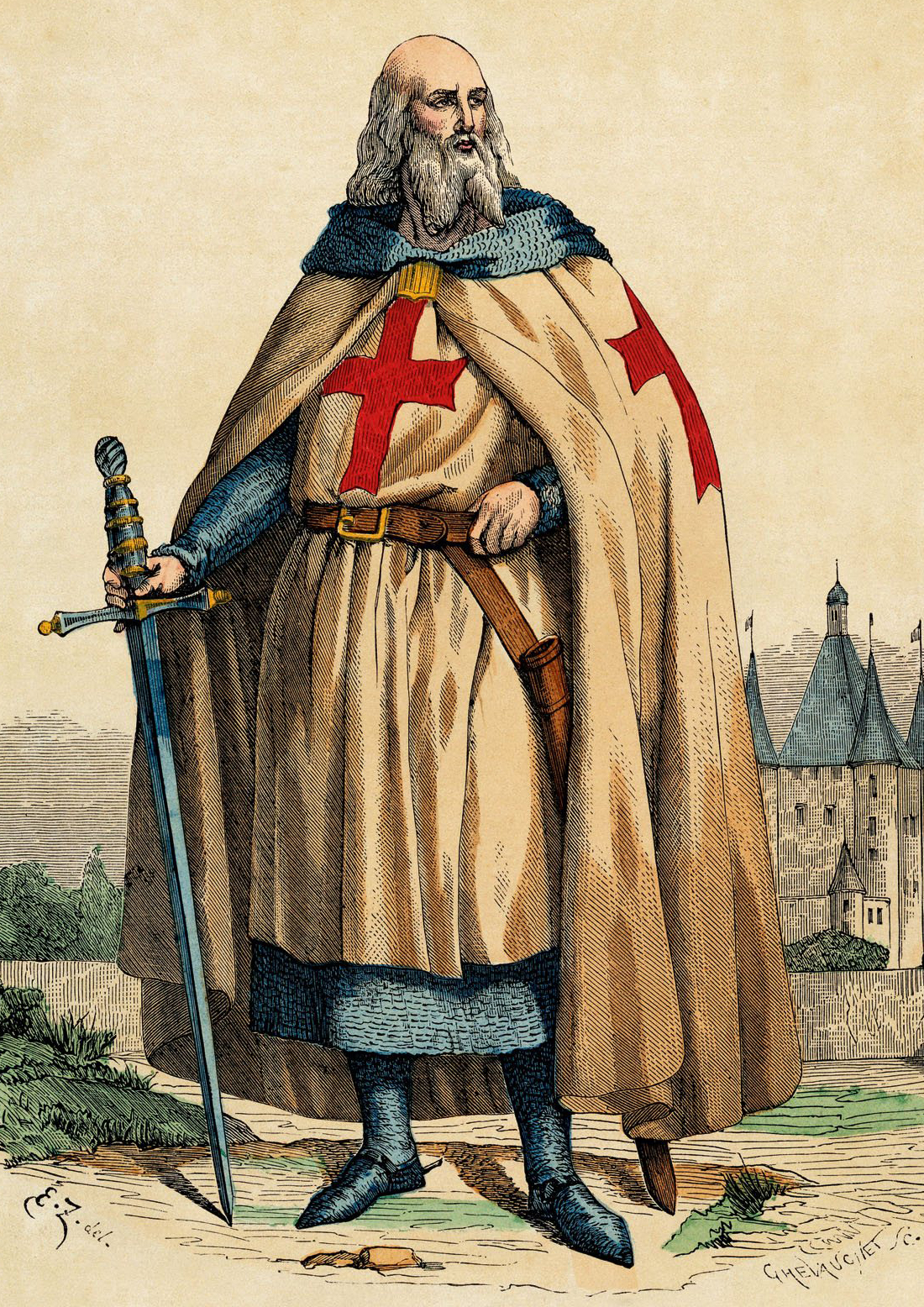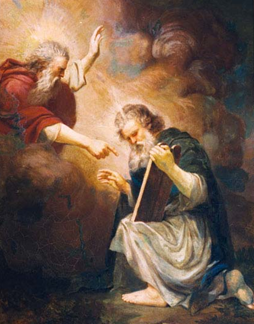The Name of the Rose
The Son of God, Son of Man
These are written so that you may come to believe that Jesus is the Messiah, the Son of God, and that through believing you may have life in his name
And beginning at Moses and all the prophets, he expounded unto them in all the scriptures the things concerning himself.
The three great secrets exposed [1]
They are:
The name of the Christ
The pronunciation (and therefore identity) of Yod Hey Vav Hey, IHVH
The date of the End Times and the Second Coming
The Great Game was a battle for the soul of the Christ. (As the Christ has now awoken to his destiny, the game’s up). His name was therefore the greatest secret of all time along with the pronunciation of ‘Yod Hey Vav Hey’ or IHVH. Ironically, men have killed, maimed and tortured each other to obtain it for their own nefarious ends: if you know God’s name, you can use it to curse him and reduce his power, or so the theory goes. If you knew the name of the Christ, you could find him and try to stop him from awakening and teaching the Way to man.
Perhaps the most absurd episode in this eternal cycle was the arrest and crucifixion of Jaques De Molay, the head of the Knights Templar when they were arrested in 1307 by Philip IV of France in cahoots with the Catholic Church. De Molay, the incarnation of Jesus of the time, was tortured by the Spanish inquisition – in the name of Jesus!
If you don’t find that to be the irony of ironies then consider this: the pronunciation of IHVH has been available in the best-selling book on the planet in plain sight for the last 2,000 years. It is ‘Jesus’. Jesus the God should not be confused with Jesus the Christ, more accurately translated as ‘Yeshua the Christ’, although the two come from exactly the same substance, so the two are sometimes known as ‘the Twins’.
IHVH, AHIH and the Law
The following passage has probably provoked more debate than any other passage discussed in the esoteric:
Then Moses said to God:
Indeed, when I come to the children of Israel and say to them:
The God of your fathers has sent me to you
and they say to me:
What is His name?
what shall I say to them?
And God said to Moses:
I AM WHO I AM.
And He said:
Thus you shall say to the children of Israel:
I AM has sent me to you.
Moreover God said to Moses:
Thus you shall say to the children of Israel:
The LORD God of your fathers, the God of Abraham, the God of Isaac, and the God of Jacob, has sent me to you. This is My name forever, and this is My memorial to all generations.
Go and gather the elders of Israel together, and say to them:
The LORD God of your fathers, the God of Abraham, of Isaac, and of Jacob, appeared to me.
The above paragraphs follow the punctuation in the King James Bible but the original Torah on which it is based had no punctuation at all. If this passage were as clear as some have held, it would be rendered thus:
Moses: What’s your name, God?
Instead, the question is:
Moses: What shall I tell the children of Israel your name is?
The god: Tell them my name is ‘I AM WHO I AM’.
OR
Moses: What shall I tell the children of Israel your name is?
The god: I am who I am. I’m not telling you or your people. Mind your own business, mortal
In neither case do we have a definitive answer to the question regarding God’s name, although the casual reader might think otherwise. The issue is hardly clarified by the next phrase:
The god: Tell them: ‘I AM has sent me to you’
Does this mean nothing as it is non-grammatical and nonsensical? It is though much easier to interpret this passage when you know that there is a god called ‘I AM’ rendered in Hebrew as ‘Alef Hey Yod Hey’ or AHIH [2]. The original Hebrew translated as ‘I am what I am’; ‘I am that I am’; or ‘I am therefore I am’ is ‘AHIH AShR AHIH’. The whole scenario then becomes reminiscent of the old music hall joke:
A: What’s his name?
B: Watt.
A: No, what’s his name?
B: Yes, Watt’s his name.
A: I don’t know I’m asking you.
In the light of this, we could interpret the passage in the following ways (among others):
The god wants Moses to tell the children of Israel that a god called ‘I AM’ has sent Moses to them because it is the truth
The god wants Moses to tell the children of Israel that a god called ‘I AM’ has sent Moses to them because the god speaking wants to hide his identity from them
The god is telling Moses to tell the children of Israel that a god called ‘I AM’ has sent the god who speaks here, to Moses because that is true.
The god is telling Moses to tell the children of Israel that a god called ‘I AM’ has sent the god who speaks here, to Moses because the god speaking wants to give the impression that he has been sent to Moses by a god called ‘I AM’.
In the light of this, the passage becomes:
Moses: what is the name you want me to use for you to the children of Israel?
The god: I am (called) ‘I AM’ so tell the children of Israel that a god called ‘I AM’ sent you, Moses, to them.
Or
The god: Mind your own business regarding my name. Just tell the children of Israel that a god called ‘I AM’ sent you, Moses, to them
Or
The god: Mind your own business regarding my name. Tell the children of Israel that a god called ‘I AM’ sent me, the god speaking, to you, Moses.
The God of Abraham, Isaac and Jacob
Moreover God said to Moses:
Thus you shall say to the children of Israel:
The LORD God of your fathers, the God of Abraham, the God of Isaac, and the God of Jacob, has sent me to you. This is My name forever, and this is My memorial to all generations.
This can have two basic meanings:
The god tells Moses to tell the children of Israel that the god who speaks here is the same God who guided Abraham etc, although the god does not make it clear here whether it is actually the God of Abraham who is speaking.
Or
God tells Moses to tell the children of Israel that the god speaking to Moses has been sent by the same God who guided Abraham etc. Again, God does not explicitly state whether this is true or whether he simply wants the Israelites to believe this as true.
The last bit of this exchange is also curious:
Moreover God said to Moses: […]
Go and gather the elders of Israel together, and say to them:
The LORD God of your fathers, the God of Abraham, of Isaac, and of Jacob, appeared to me.
Here, the god is telling Moses to tell the elders of Israel: Either:
the same God who guided Abraham etc appeared to Moses
or:
the same God who guided Abraham etc appeared to the god who is speaking to Moses
This is a subtly different message than the one given to the children of Israel, which involved a god being ‘sent’ rather than ‘appearing’. This begs the question: ‘Why one statement for the children and another for the elders?’ Don’t make the mistake of assuming that God only trusts the ‘elders’ with the true message. Learned elders are not the same as wise men.
I believe that the confusion is caused by the fact that many believe that Judaism and Christianity are monotheistic religions, when they are clearly anything but. Judaism has its archangels, Christianity its saints. Both are used to avoid using the word ‘gods’. To me, it is clear that IHVH sends AHIH to Moses to give him the Torah. In any case, the passage makes it clear that IHVH, the God of Abraham etc is the ‘Lord God’ or the God with the highest authority, not AHIH. In the esoteric, this means that Moses — the incarnation of the goddess, Mother Mary [3] — gives man the Torah or Jewish Bible of Instructions that are often confused with the Law — not the incarnation of the One True God, Jesus. In the time of Moses, the incarnation of Jesus was Aaron, Moses’s brother and the first High Priest of Israel.
- Jesus – spelt IHVH — is the One True God, not (Mother) Mary – spelt AHIH — the goddess of Judaism, Christianity and Islam, ‘legislation’ and wars.
- Many religions have confused or conflated two goddesses, Mother Mary and Virgin Mary. The latter is Gaia, spelt Yod Yod Alef Yod or I I A I in Hebrew.
In the beginning was the Word, and the Word was with God, and the Word was God. He was with God in the beginning. Through him all things were made. […]
The Word became flesh and made his dwelling among us. We have seen his glory, the glory of the one and only Son, who came from the Father, full of grace and truth.
The Opening of the Book of John
Footnotes
[1] There is no secret over the way to eternal life. It is Love. And through Love, you will know God’s Truth, which will set you free
[2] And pronounced ‘Mary’ in Qabalah
[3] Mother Mary is Diana in the Roman pantheon, Artemis in Greek. She should not be confused with the Virgin Mary or Gaia, the goddess of love and sexuality, Venus to the Romans, Aphrodite. When the latter is placed together with the messenger god, ‘Hermes’, we get ‘hermaphrodite’, a creature both male and female and a recurring part of the prophecy.

Jacques De Molay was tortured by the Catholic Church for seven years. It is his crucified body which appears on the Shroud of Turin (although not his head, which was removed by his captors)

Moses meets a god on Mount Sinai who gives him ‘The Book of the Law’. But is this god the same god who visited Abraham, Isaac and Jacob?